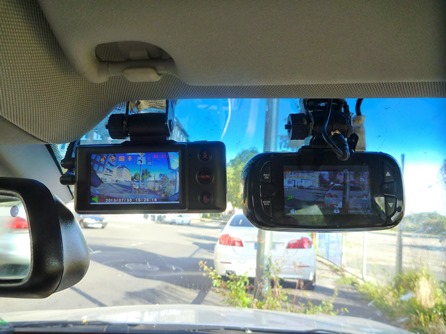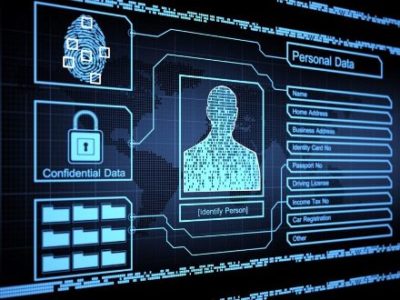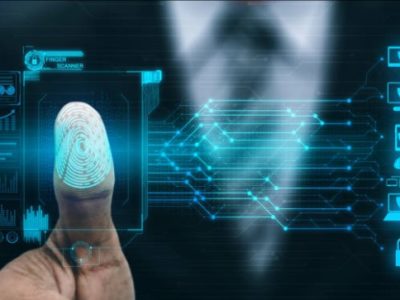Is your Trusted Dash Cam a Secret Threat?
Dash cams promise security, but are they secretly plotting against your privacy? I’ve uncovered hidden threats that are more than just a speed bump on your drive.
RELATED: Privacy by Design: Embedding data protection into e-business processes
The Double-Edged Sword of Security
“While dash cams serve as potential anecdotes for road incidents, the boom of this technology heightens vulnerability to privacy invasion”, quips Johannes Baker from Geonode, an expert on data security. Dashcam tech is a double-edged sword, simultaneously promising security and threatening privacy. The advent of these ubiquitous devices raises inexorable questions on security and privacy.
Understanding the Functions
Dash cams, short for dashboard cameras, have proven their mettle in documenting motoring mishaps or vindicating drivers in disputes. They continuously record videos of your car journeys, offering potential evidence in the event of an accident or dispute. The proliferation of these little guardians of truth is a bonanza for journalists, law enforcement agencies, and legal experts.
Leaving Digital Footprints
However, the benefits of dash cams can sometimes come at a steep price – does the security provided justify potential security threats that they might bring along?
Here’s what you should be aware of:
Data Sharing: Dash cams can unknowingly record and store private data, and in some cases, share it with third parties.
Hackable Devices: The Wi-Fi and Bluetooth connectivity of dash cams make them easy targets for hackers.
Infringement of Privacy Laws: Filming people without their consent can result in violating an individual’s privacy rights.
Data Sharing: An Unasked Threat
Several dash cams offer GPS tagging, speed tracking, and G-sensor data collection, recording every minute detail of your journey – much more than you bargained for. Furthermore, the cam can potentially continue to record even when the vehicle is parked or unattended, capturing people unaware of being filmed.
Hackable Devices: A Breach Waiting to Happen
As Johannes Baker correctly pointed out,”Dash cams, being IoT devices, operate within the same bandwidth as tablets or smartphones, making them targets for dedicated hackers for extracting location or trip data.” The Wi-Fi connectivity can expose the device to cyber-attacks, offering burglars insights into the driver’s routines.
Infringement of Privacy Laws: The Legality Looms
The fine balance between security necessity and privacy infringement comes under the scanner when dash cams are installed. According to Johannes Baker from Geonode, “One should take into consideration local laws and regulations for surveillance systems and their data handling before using a dash cam. Compliance with the law is paramount, and ignorance is not an excuse.”
Essentially, understanding the nuances of surveillance laws in your region is crucial.
Protecting Your Privacy: Need of the Hour
User vigilance is the first step toward securing personal data. Here are some tips to ensure you are protecting your privacy:
Audit Access: Regularly review which apps have access to your dash cam footage and control any unwanted sharing.
Regular Updates: Keep your device firmware up-to-date to patch any potential security loopholes.
Strong Passwords: Assign a strong, unique password for your dash cam to prevent unauthorized access.
Legal Compliance: Understand local surveillance laws before installing and operating a dash cam.
With Power Comes Responsibility
Roadside surveillance technology promises an exciting, secure, and connected future – if wielded wisely. Dash-cam users hold the power to secure or jeopardize their privacy with each trip they document. Your best defense, then, is knowledge and precaution. With power comes responsibility; let us use dash cams responsibly, not just for our security, but also to respect the privacy of others.
Source: https://geonode.com/































